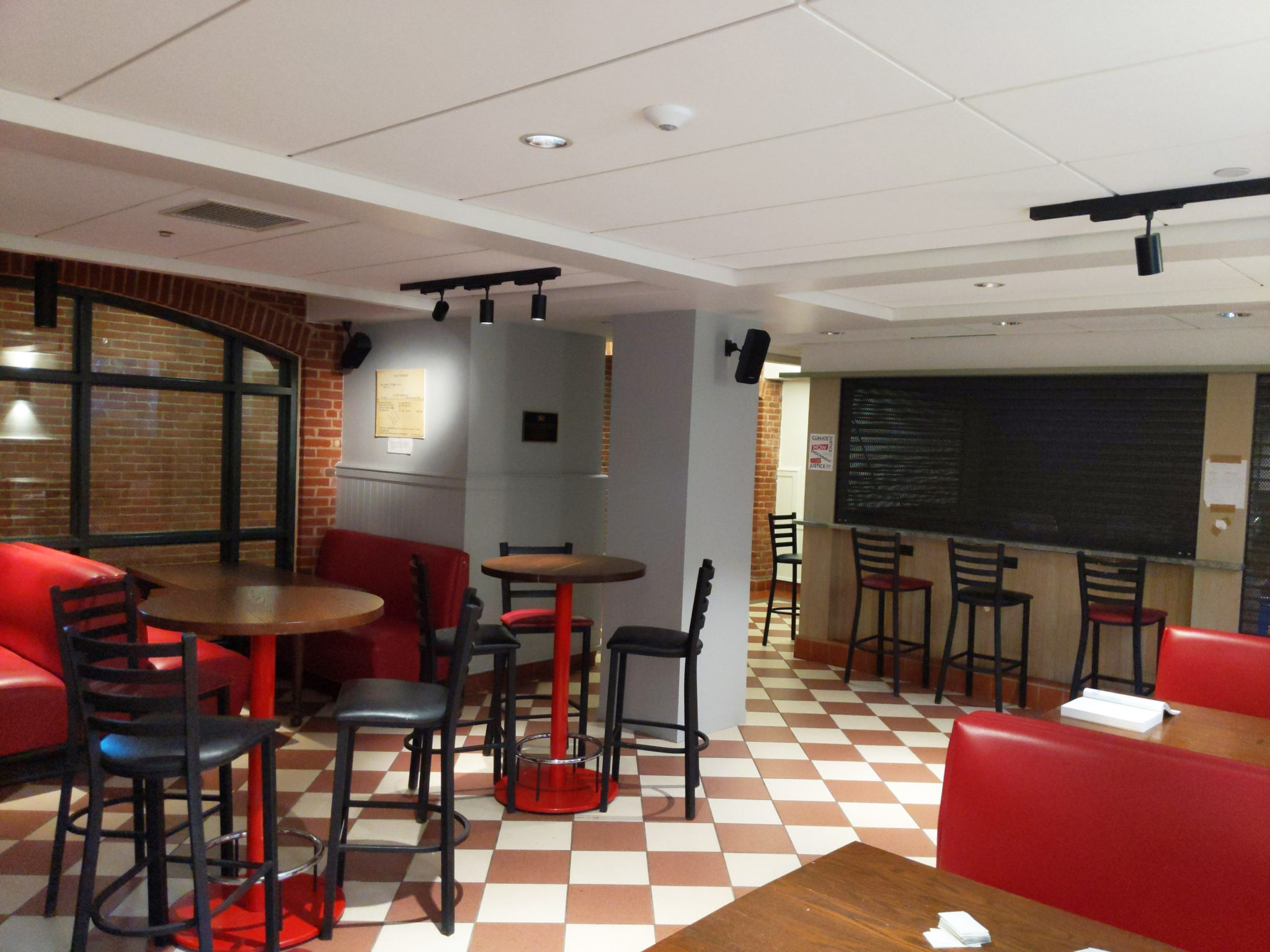Residential college butteries make a comeback
For the first time since the spring 2020 semester, Yalies return to butteries for late-night snacks and community.

Amay Tewari, Senior Photographer
After more than a year, residential college butteries — or late-night cafes — are finally up and running again, offering boba, cookie dough and midnight conversations.
A few weeks into the fall 2021 semester, residential colleges have started to relaunch their butteries and Yalies are flocking to their college basements to enjoy the cheap food and drinks, as well as to reconnect with their residential college communities. As of Sept. 30, all residential college butteries are open besides those in Morse, Pierson, Saybrook, Grace Hopper and Jonathan Edwards colleges.
In the past, the butteries have functioned as social hubs, work spaces and ideal spots for a late-night study break for Yale undergraduates. Many butteries include spaces for academic work and collaborative studying, as well as games and entertainment including pool and table tennis, which are open to all members of the residential colleges and their guests.
“It’s one of the best places to create community,” said Berkeley College Head Aide Adomo Addo ’22, who works in the buttery. “It’s a great place for people to de-stress and relax.”
This year, colleges are pulling out all the stops when crafting their new menus. Pauli Murray College has added boba, fried rice and even fresh smoothies to its buttery menu. Yalies are also excited for the return of buttery classics like cookie dough, chicken quesadillas and chicken tenders.
But the overarching sentiment is excitement for the sense of community that the butteries create.
“It was nice because, as a freshman, [butteries were] a way to hang out with and get to know the upperclassmen,” Christine Zhu ’23 said.
But not all is the same as pre-pandemic times. As each residential college finds its footing with COVID-19 regulations and safety concerns, some precautions remain in place for all buttery spaces.
In all open butteries, students must wear a mask unless they are eating or drinking, and buttery workers are encouraged to keep an eye on crowding and congestion.
“We encourage people to grab and go. We’re trying to keep it as small as possible,” Addo said about the Berkeley College buttery.
For Yale’s first-years and sophomores, this year marks their first time experiencing the residential college butteries. But for many upperclassmen, including Abdoulie Sarr ’23, the butteries were formative spaces in their early college experiences and are now a way to connect with old friends and return to the Yale that they always knew.
Sarr added that the butteries’ openings still mark a much-needed return to pre-COVID-19 times, even with precautions in place.
“It was great for the Franklin community to come together and connect over our love for ramen and mozz sticks,” Sarr said. “It meant that Yale was finally returning back to normal.”
There are 14 residential colleges at Yale.








